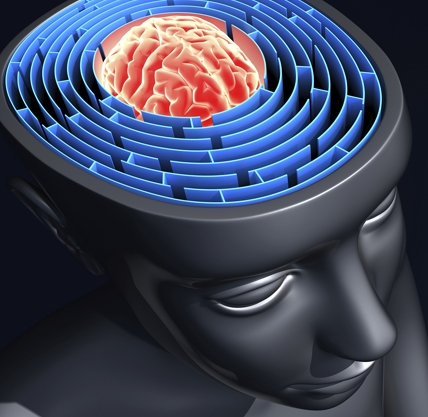
Among the most typical signs and symptoms after concussion/mTBI are changes in cognition, in particular, problems with attention, memory, speed of processing, and executive function.
These are challenging symptoms to treat, because patients frequently have co-occurring conditions. For example, pain, poor sleep, and depression can each reduce cognitive performance. When trying to treat cognitive problems, be sure to consider not just TBI but other conditions as well.
Recommendations:
- Encourage your patient to record important information (such as appointments, errands, and medication schedules).
- Promote better sleep hygiene, diet, and exercise to improve mental well-being.
- If cognitive deficits are not improving, refer your patient to specialty care for complete neuropsychological testing and assessment. Also consider referrals to rehabilitation medicine professionals who work specifically on cognitive challenges following TBI (e.g., neuropsychologists, rehabilitations psychologists, speech-language pathologists, and occupational therapists). If the patient is a veteran and not able to access specialty services for brain injury available to active duty service members, encourage him or her to pursue treatment at Veteran’s Health Administration facilities. Please see www.polytrauma.va.gov for facility locations and services.
- If the service member or veteran has documented cognitive difficulties, cognitive rehabilitation can be effective in helping them to either compensate for or treat their cognitive problems. Evidence varies for the specific cognitive problems that present commonly following concussion/mTBI, but patients often find guidance related to how to compensate for their deficits very helpful, according to a recent Institute of Medicine report.
- If behavioral problems persist, refer your patient to a behavioral health worker.
